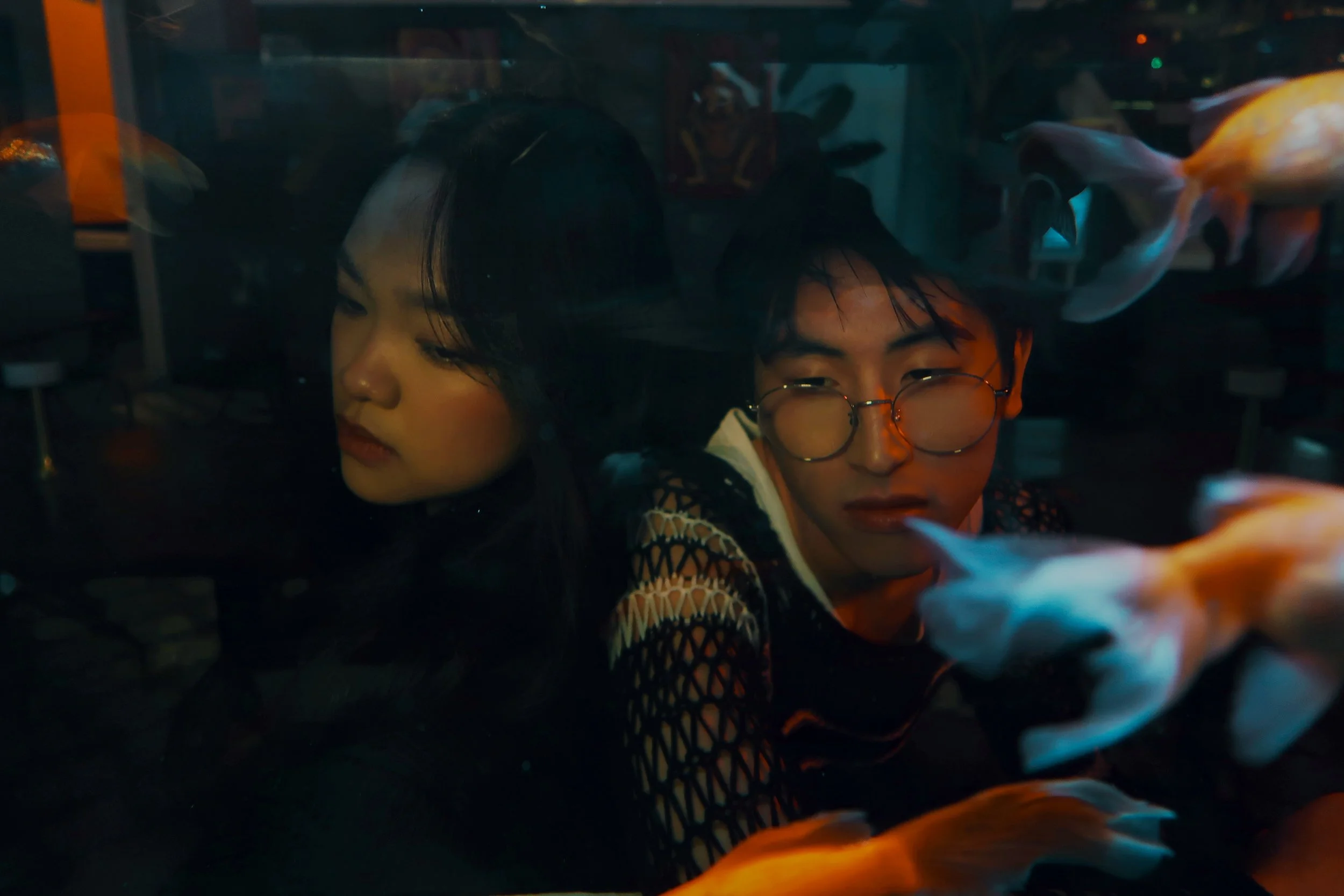
Fracturing Sobriety
𓆝
Fracturing Sobriety 𓆝
‘Fashioning Loneliness in Cinema’ by Estee Loke, Photographer
Wong Kar Wai is one of cinema’s most influential and visually distinctive directors. He is renowned for films such as Chungking Express, Fallen Angels, and 2046. He is celebrated for the emotional depth of his films and their revolutionary approach to visual storytelling through fashion. Often revealing what dialogue cannot, the costumes are an extension of his characters, visual mood, and cultural memory. They are the soul, mirrors of desire and isolation. It is integral to the narrative, illuminating the deepest facets of each character’s psyche, desire, vulnerabilities, and solitude.
In Fallen Angels, fabrics, textures, and silhouettes act as emotional signifiers, giving shape to longing, detachment, and vulnerability. The city becomes a runway of survival, self-expression, and love against the world. The emotions of lost and lonely people pulse at the heart of the story, and fashion becomes their unspoken language. In the neon-lit veins of Hong Kong, every outfit whispers a tale of longing that lingers in the shadowed alleys, of the vulnerability hiding beneath leather and silk, of detachment stitched into pinstripes and layered jackets.
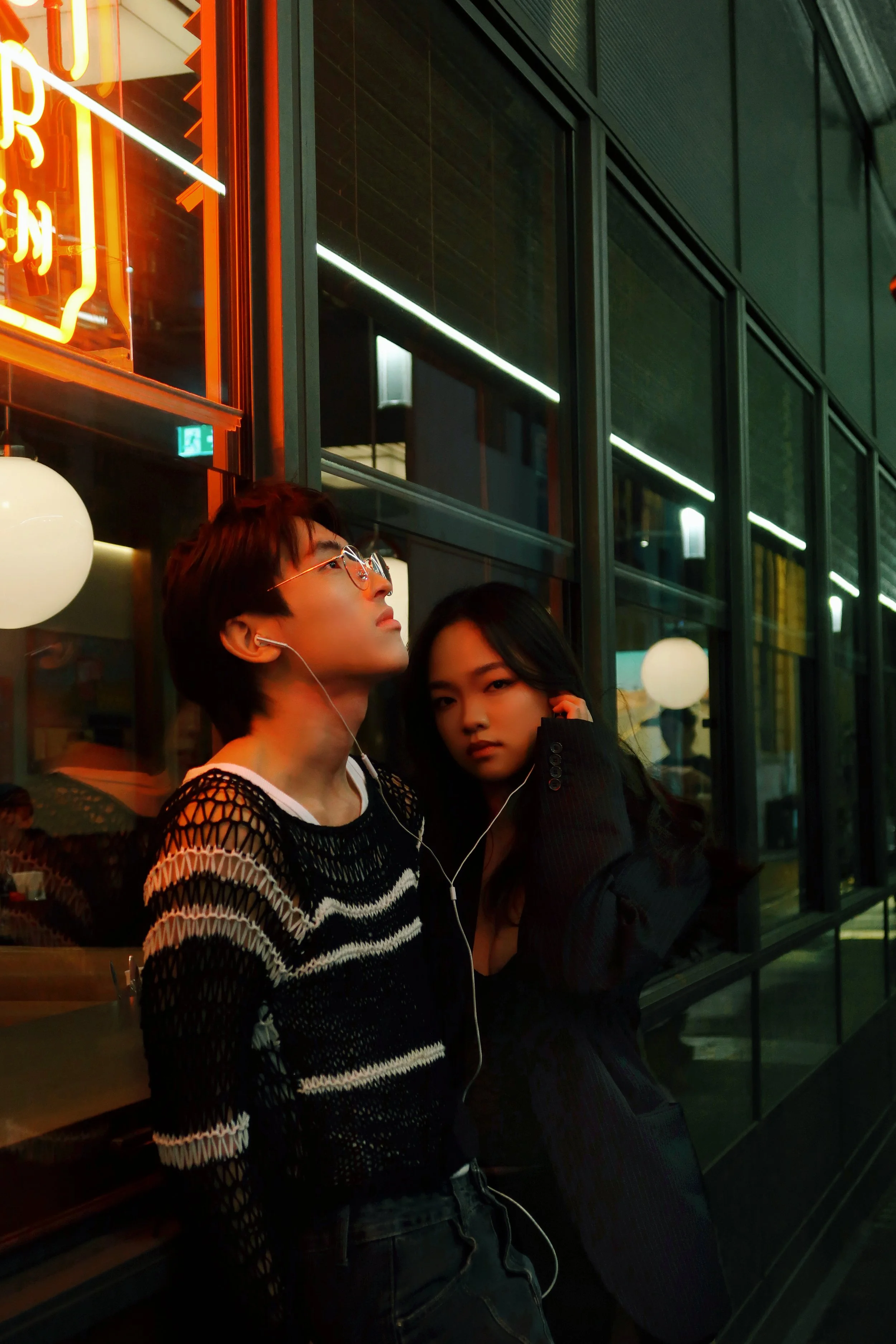
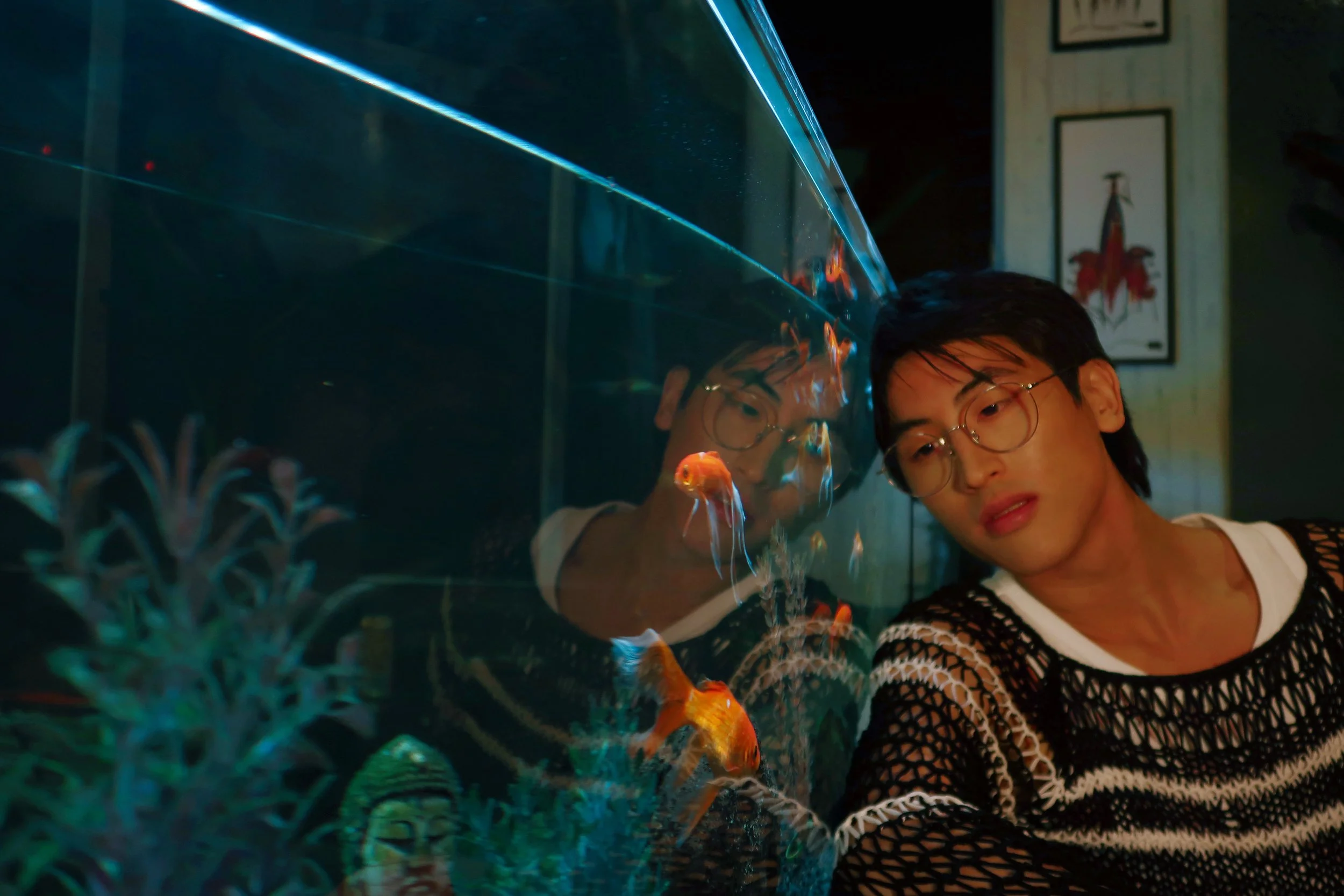
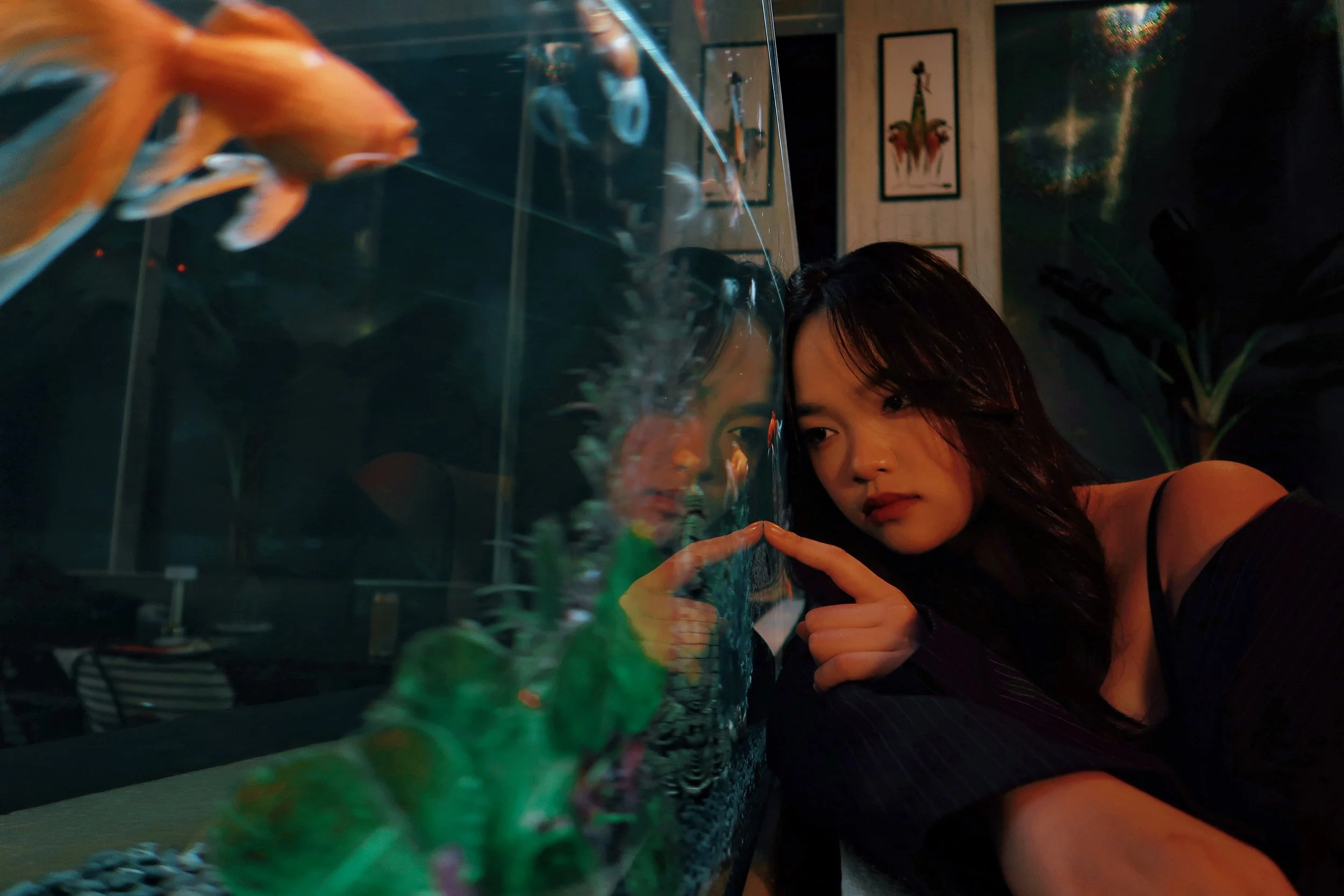
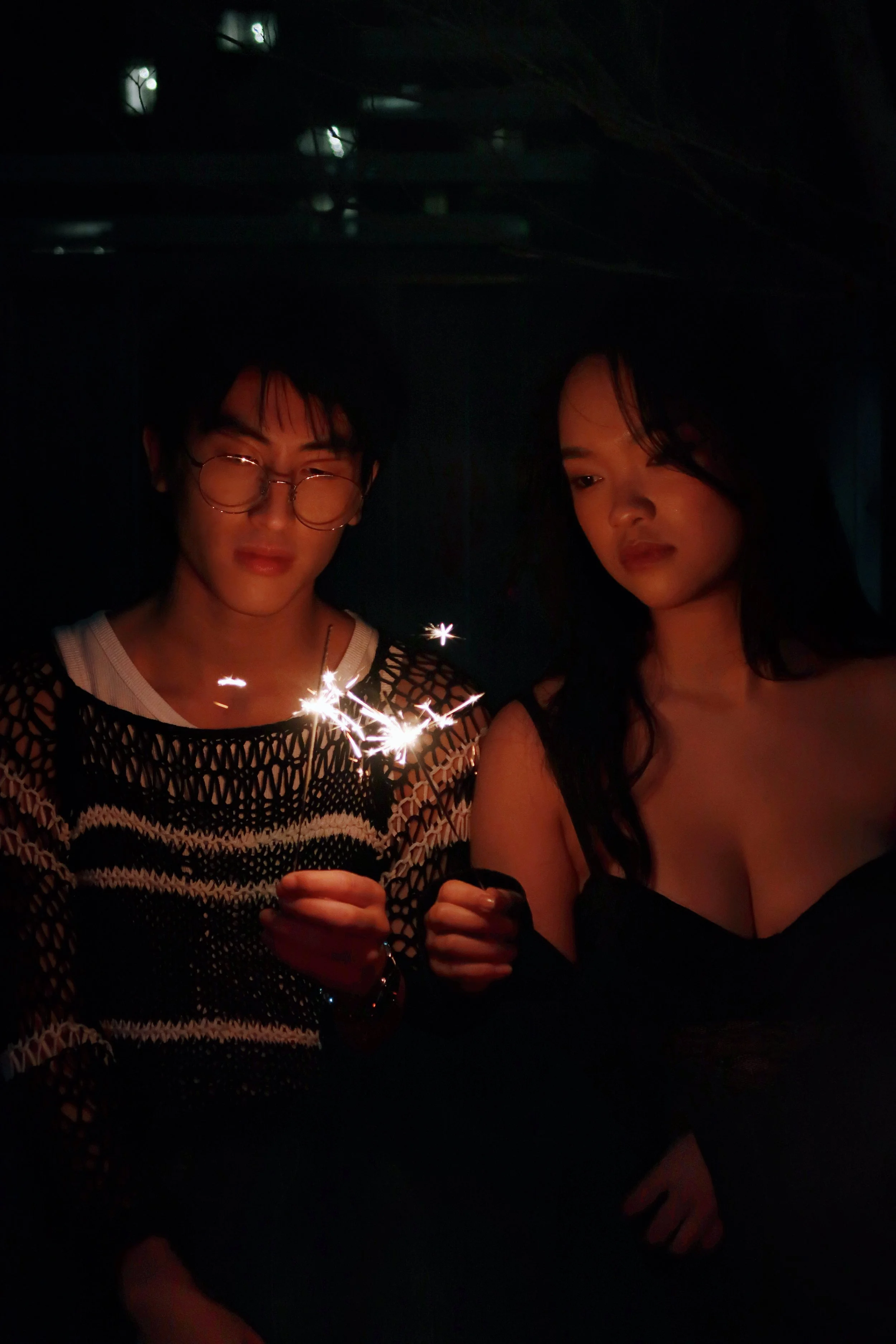
Hitman Wong Chi-Ming, clad in a pinstripe jacket, merges business precision with fortitude. The deliberate anonymity mirrors his emotional detachment, stripping him of individuality and emphasising incompleteness. In contrast, his ‘partner’ portrays a confident, seductive femme fatale in leather, fishnets, and distinct 90s jewellery. She radiates danger and noir glam with her silk dress, subtly betraying her vulnerability as a woman in love with a man who does not reciprocate. Her clothes capture the tension between outward strength and inner fragility, turning each garment into a window into her psyche.
The mute ex-convict, Ho Chi-Mo, offers a striking contrast. He is initially decorated in eccentric, brightly coloured shirts, embodying a childlike innocence and comic relief. Following his heartbreak, his palette darkens, and he layers on jackets to cocoon himself from connections. Fashion becomes a literal defence, shielding him from intimacy while encapsulating the retreat of his heart, narrating his emotional evolution.
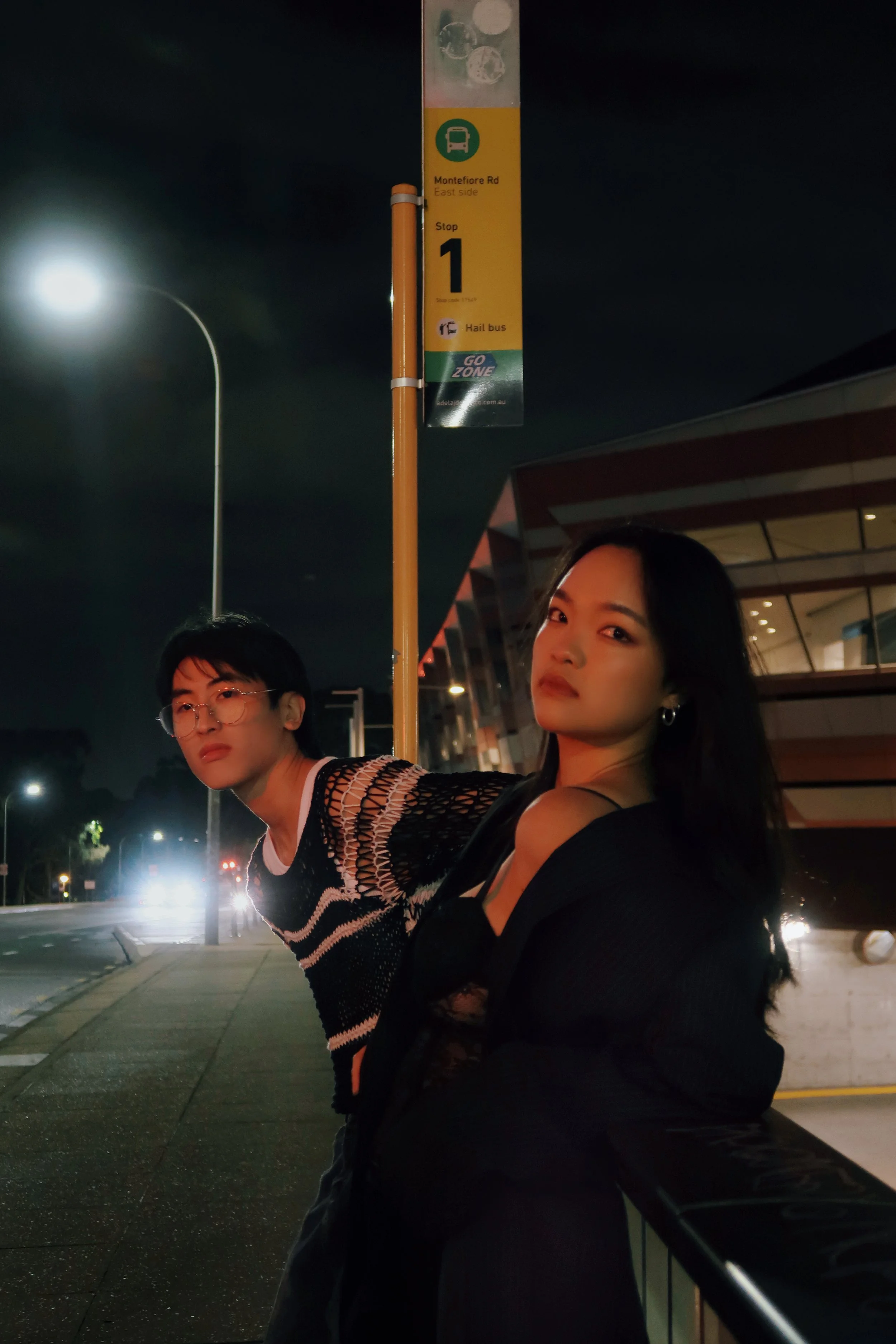
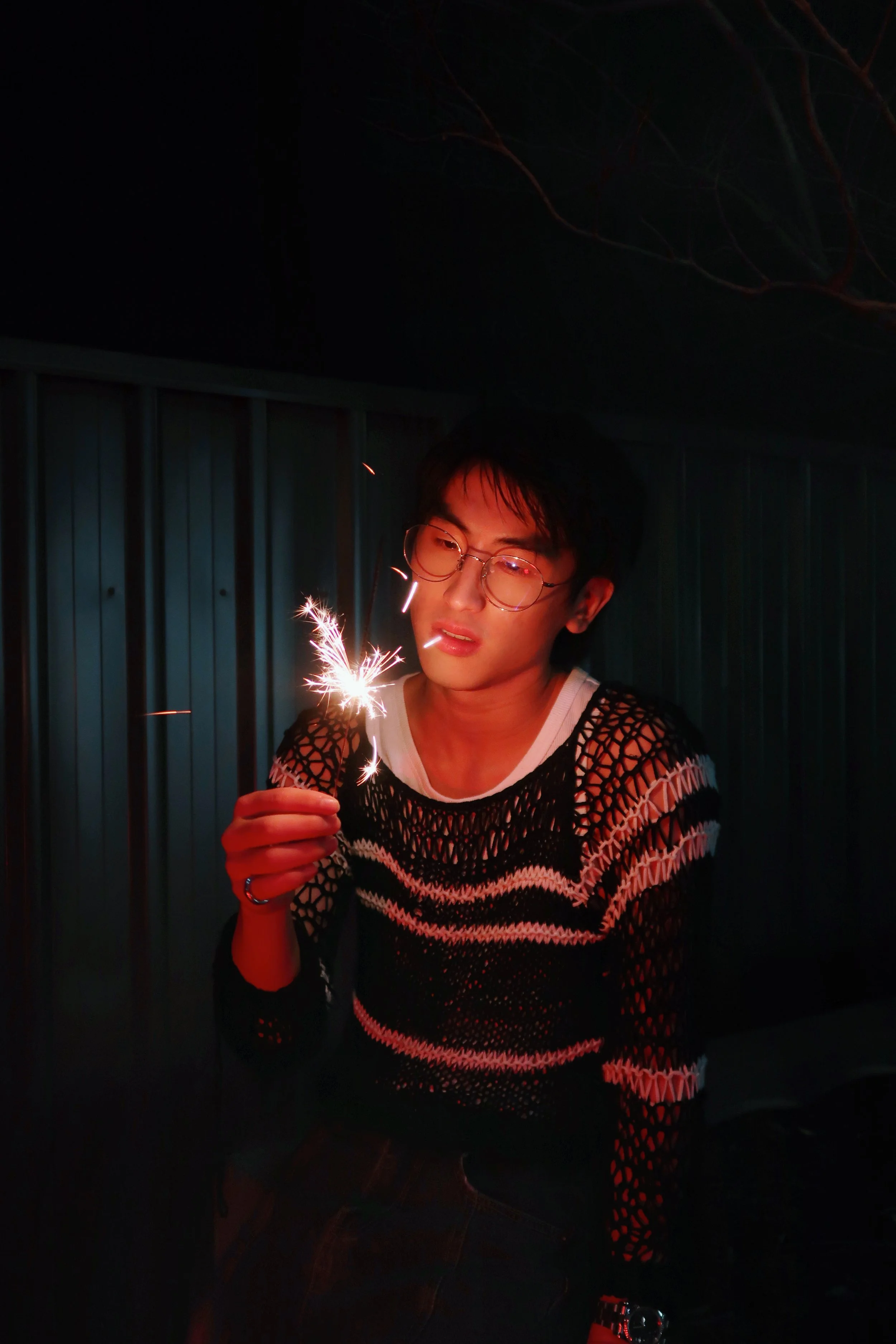
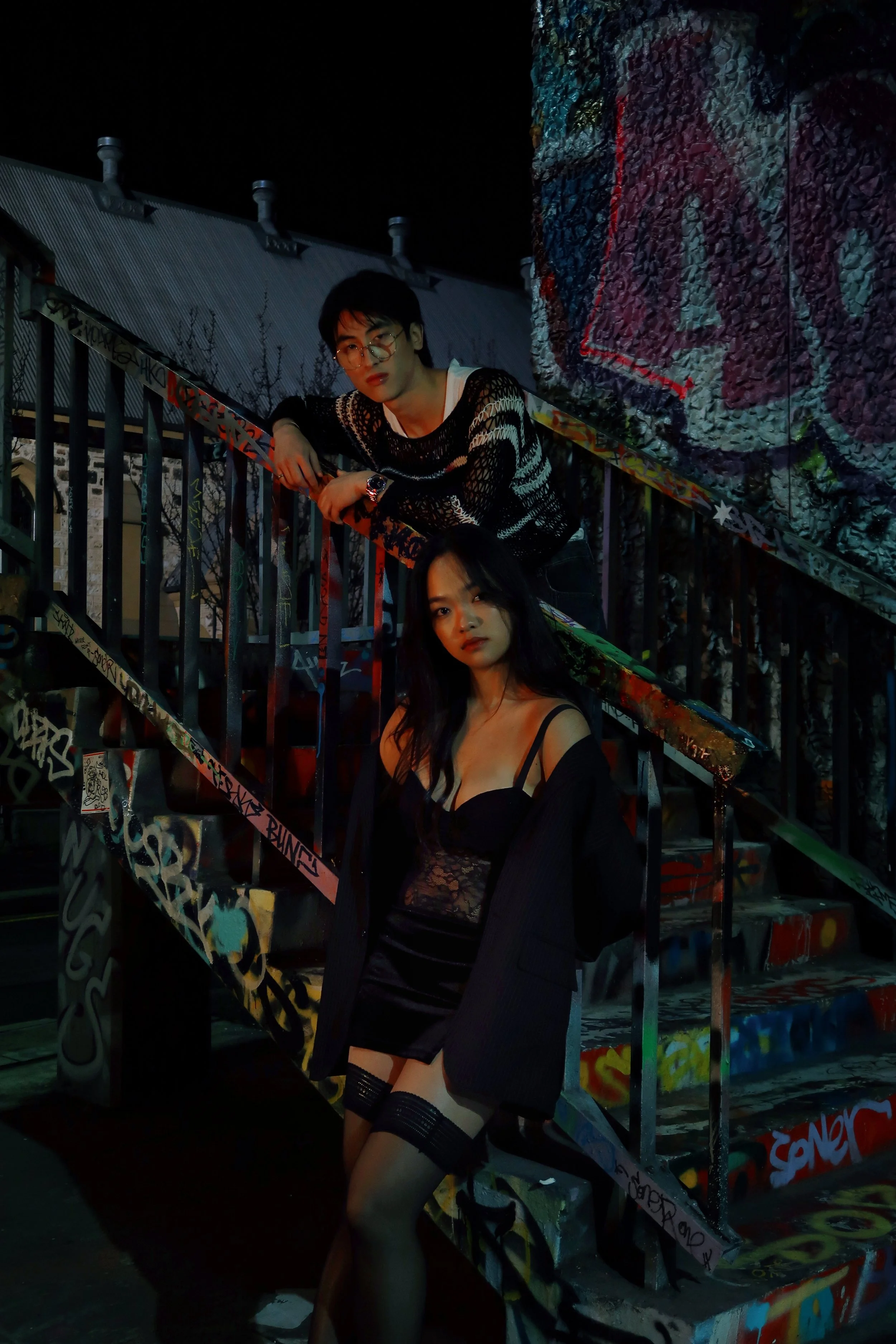
Costume design dances with the narrative, creating a visual poetry where style is the soul, masking pain and reflecting the search for human connection beneath the chaotic, neon-lit streets. William Chang, the costume designer in many of Wong Kar Wai’s films, has a subtle yet resonant artistry that allows each outfit to double as emotional shorthand, seductive armour, and a signpost of incompleteness. In Fallen Angels, fashion is not surface, it is the raw architecture of character, allowing the audience to see the longing, isolation, and burning desire in the folds of the fabric and through the cut of the silhouette.
Fashion is a lens through which we witness the search for human connection beneath the chaos of the world. Style becomes soul, and fashion is both mask and mirror, dancing the lines of longing, loneliness, and desire. Fallen Angels demonstrates that fashion in cinema can transcend aesthetics. It can serve as a storytelling device, a mood setter, and a conduit for emotional intimacy. The interplay of colour, texture, and silhouette mirrors the human condition, capturing the delicate balance between solitude and longing, performance and authenticity. Wong Kar Wai’s films not only reshape cinematic language but also transform the way fashion is understood as a narrative, an emotion, and an art form.
Fallen Angels is proof that fashion is not just surface, it is soul. Beneath the neon and solitude lies a universal ache: the desire to be noticed, to matter, to exist in someone else’s gaze. In Wong Kar Wai’s cinema, style isn’t an accessory to emotion; it is emotion. A raw, restless narrative sewn into every frame.








Leads
Creative Director: Elaine Goh
Photographer: Estee Loke
Lead Producer: Belle Copley
Shoot Team
Models
Elena Chau
Cyrus Yu
Styling
Estee Loke
Elaine Goh
Amber Lomax
Creative Team
Anne Yeung
Heather May
Estee Loke
Chloe Nicole Crispin

